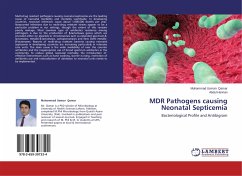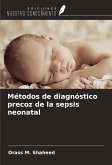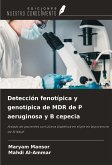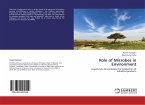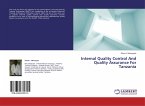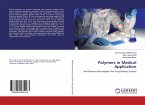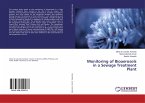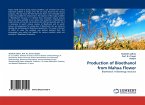Multi-drug resistant pathogens causing neonatal septicemia are the leading cause of neonatal morbidity and mortality worldwide. In developing countries, neonatal infections cause about 1,600,000 deaths per year. Nosocomial infections due to multi-drug resistant strains appear to be a particular problem in our settings, though the extent of this remains poorly manage. Most common type of antibiotics resistance among pathogens is due to the production of ¿-lactamases genes which are encoded either on plasmids or chromosomes such as extended spectrum-¿-lactamases, metallo-¿-lactamases, carbapenamases and New Delhi metallo-¿-lactamases. Reports of multi-drug resistant bacteria causing neonatal septicemia in developing countries are increasing particularly in intensive care units. The main cause is the wide availability of over the counter antibiotics and the inappropriate use of broad spectrum antibiotics in the community. To reduce global neonatal mortality, the introduction of effective interventions such as hand washing, barrier nursing, restriction of antibiotics use and rationalization of admission to neonatal units needs to be implemented.
Hinweis: Dieser Artikel kann nur an eine deutsche Lieferadresse ausgeliefert werden.
Hinweis: Dieser Artikel kann nur an eine deutsche Lieferadresse ausgeliefert werden.

